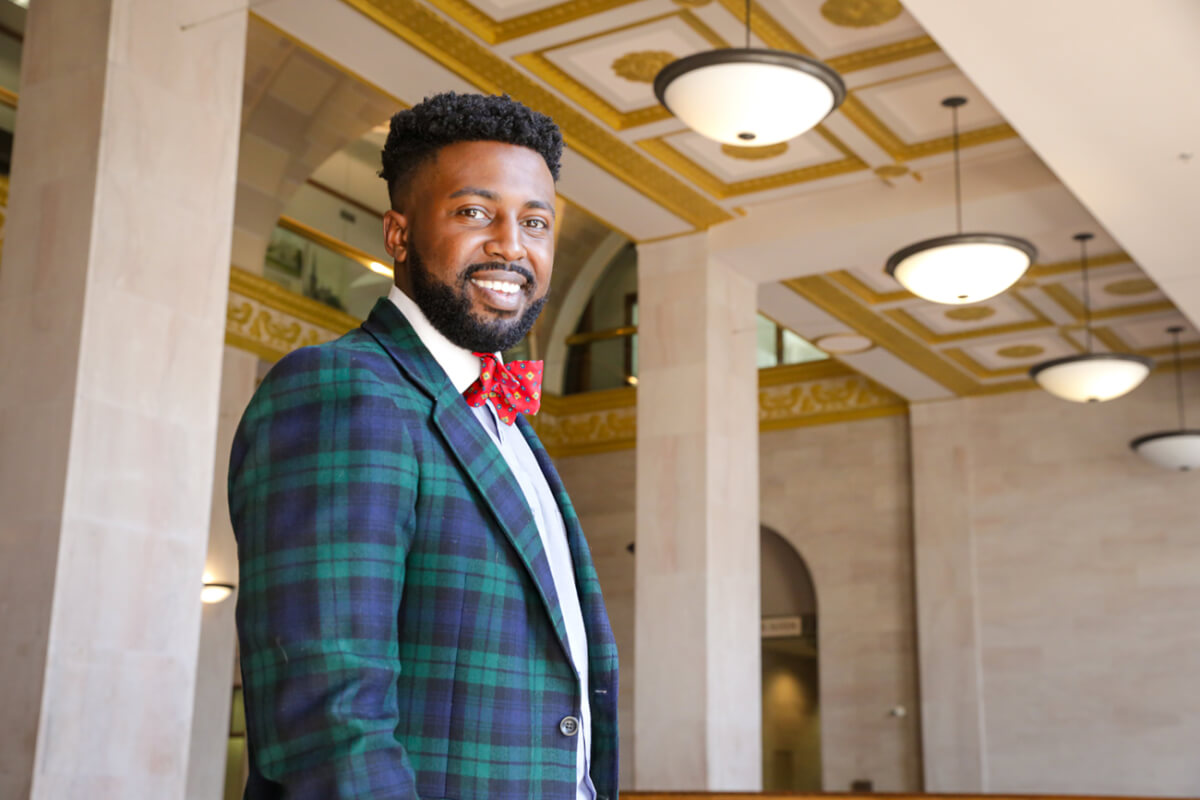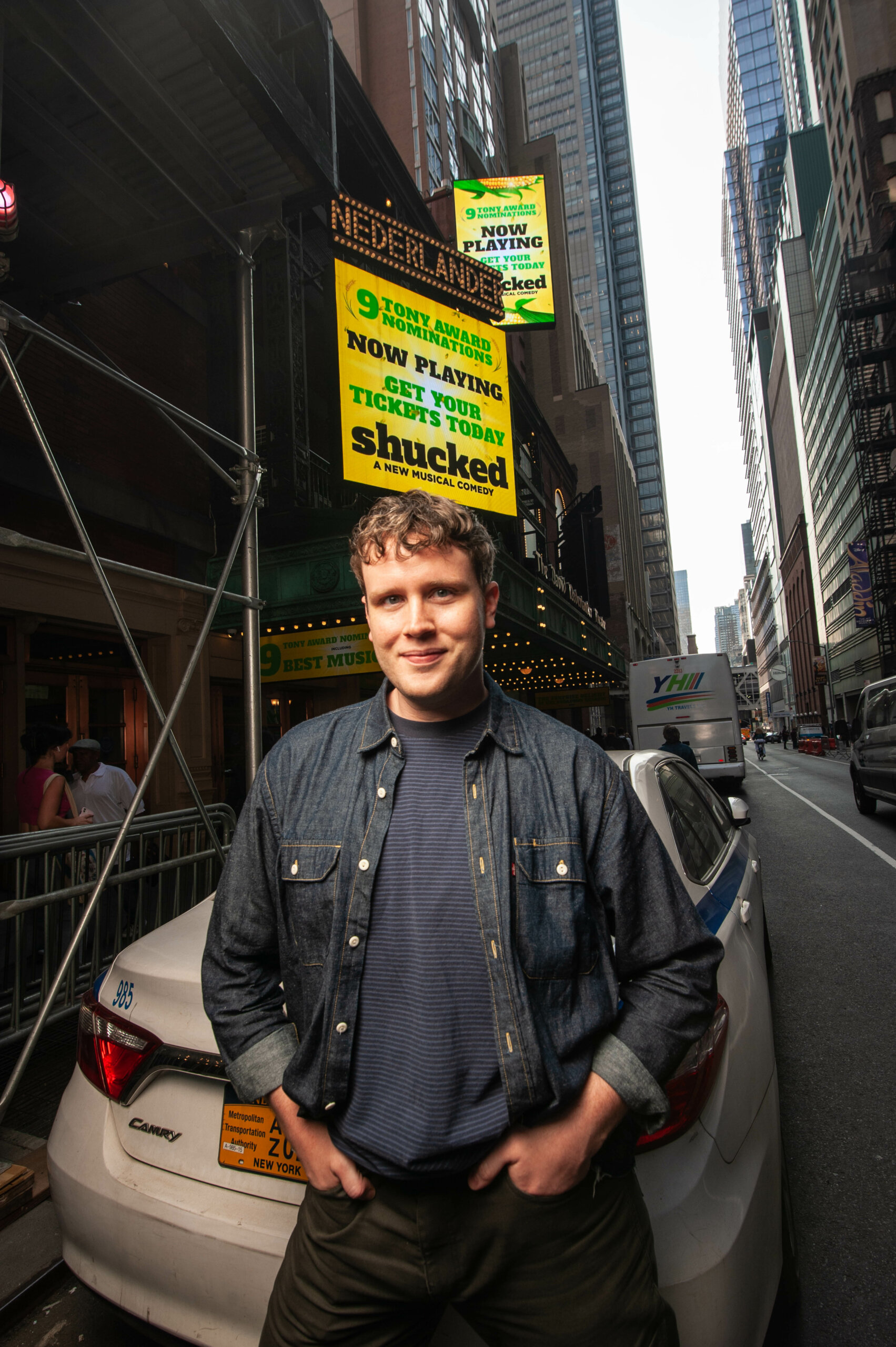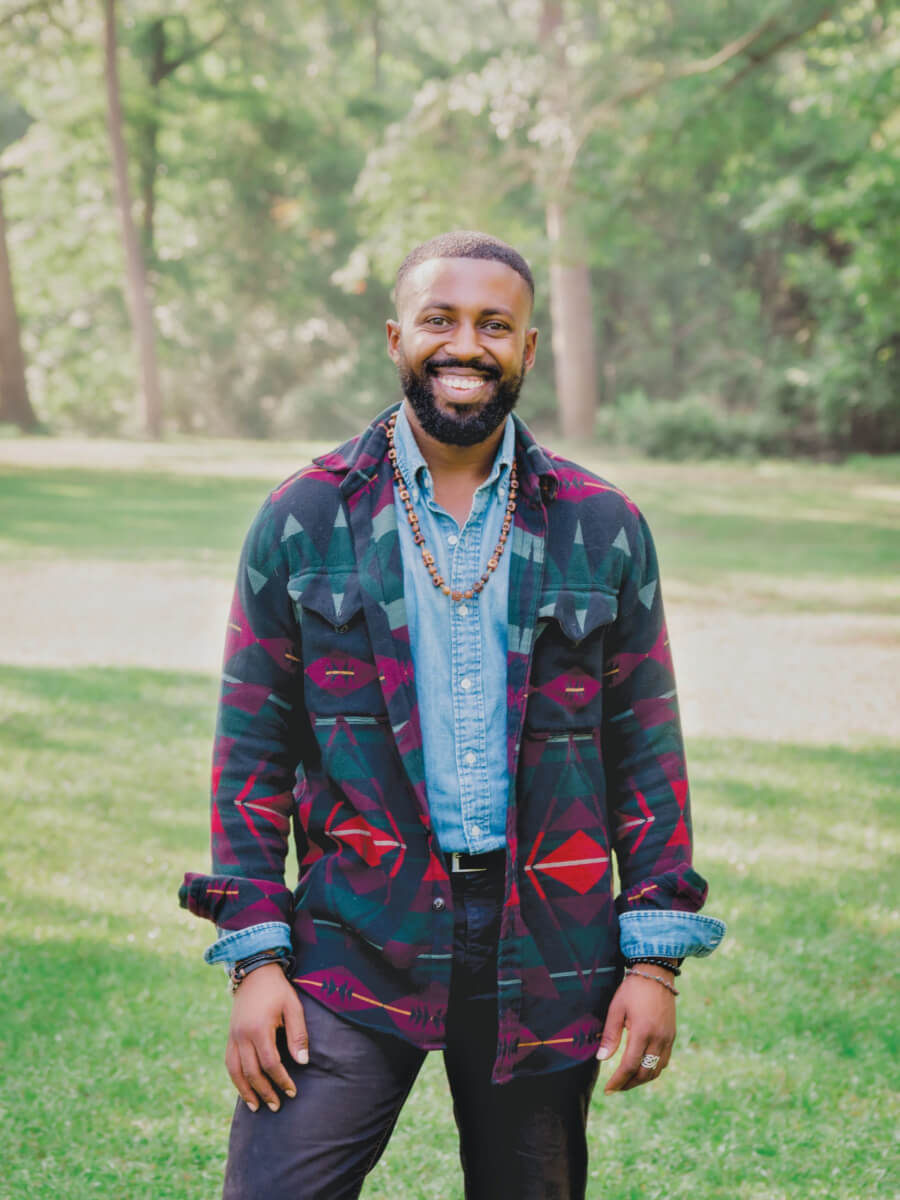
Choosing Macon: Weston Stroud
By Rachelle Wilson
Photography by Maryann Bates
Part of a new series that features individuals from our community who, after some time away, have returned to share their skills and talents here.
From the first time I met Weston Stroud, I was fascinated with learning his story. We were both at one of Bike Walk Macon’s commuter breakfasts discussing transportation. I quickly learned that he serves as Macon-Bibb County Transit Authority’s transit planner.
At 23, Weston is responsible for the planning and development of MTA’s integration of new transit software, planning studies, federal government transit programs, as well as serving as a liaison for the business community, local groups, nonprofit organizations and governmental agencies.
When the breakfast came to an end, he and Bike Walk Macon Executive Director Rachel Hollar headed to the Terminal Station to ride Route 5. As I went off to work, I thought about experiencing Macon from the seat of a bus and how different this familiar place could seem. I marveled at the passion and vision Weston clearly had for our community.
Though Weston was not born here, he spent most of his childhood and adolescence in Macon. The lack of family roots meant he never quite felt at home here, but when Weston went to Syracuse University in New York, his paradigm began to shift. Throughout his four years of undergraduate studies at Syracuse and subsequent role as a grassroots community organizer, Weston began to understand more deeply how locals can have the most influence within a community.
“The most effective movements happen on a local level from local people who know the area and have a vested interest in their community. It was inspiring the way people would fall in love with their community, which created a sense of place,” he said. “So why wouldn’t I have that same pride with where I am from?”
As he began applying his degree and passion for change to disenfranchised individuals in New York, he began to see the positive impact he was having. The greater his impact, the greater he felt pulled back to a hometown that didn’t feel like home until he left it. The time away had given him perspective on how he could fit in the narrative of Macon.
“When I think about where I am from or a place I could have a hand in changing, it’s not some city in Iowa or D.C. where I am just another person trying to establish myself. When I come back to Macon, I am coming back to change something, to make it better, to create the place I was looking for when I was coming up here,” he said.
“It matters to me to be here. This is the only place that I’ve ever not felt accepted but wanted to feel accepted. I want to make my stamp on this place because I want to be able to say I’m from here, this is what I do here, this is where I’m at. Before leaving, I didn’t realize how intertwined I am here, and at times you don’t see your place in it.”
Studying and working in New York not only taught him to appreciate Macon, but helped him recognize the impact he could have here. Weston left New York and moved back home.
“In Macon I get the opportunity to learn and to grow. It’s that opportunity that makes it so interesting, makes it home,” he said. “In major cities, there is so much red tape. When I was doing community organizing for a nonprofit in Syracuse, and after seeing how much good I could do there … I could only imagine how much impact something like that could have in Macon. I started to get homesick. I realized I would rather be doing this kind of work in Macon.”
As a student of urban planning, Weston is applying his experience, education and vision to Macon. He sees how public spaces and services can transform our town.
“My goal is to truly reclaim the idea of public space as something that affects the entire community. We need to embrace the concept of integrated growth. The quality and accessibility of public transit affects everyone; it is a safety net for economic stability,” he said. “I want Macon to be a great place to live for everyone, and I believe working in the public sector with the intent to connect communities is the best way for me to help make that a reality.”
Though it is still a journey, Weston and I have both begun to loudly claim Macon as home. We share a passion for this community and an understanding that true change starts from within. Though he could very likely find work anywhere in the world, Weston has chosen to give his passion and skills to our community. He is choosing Macon and I am honored to be in such great company.







